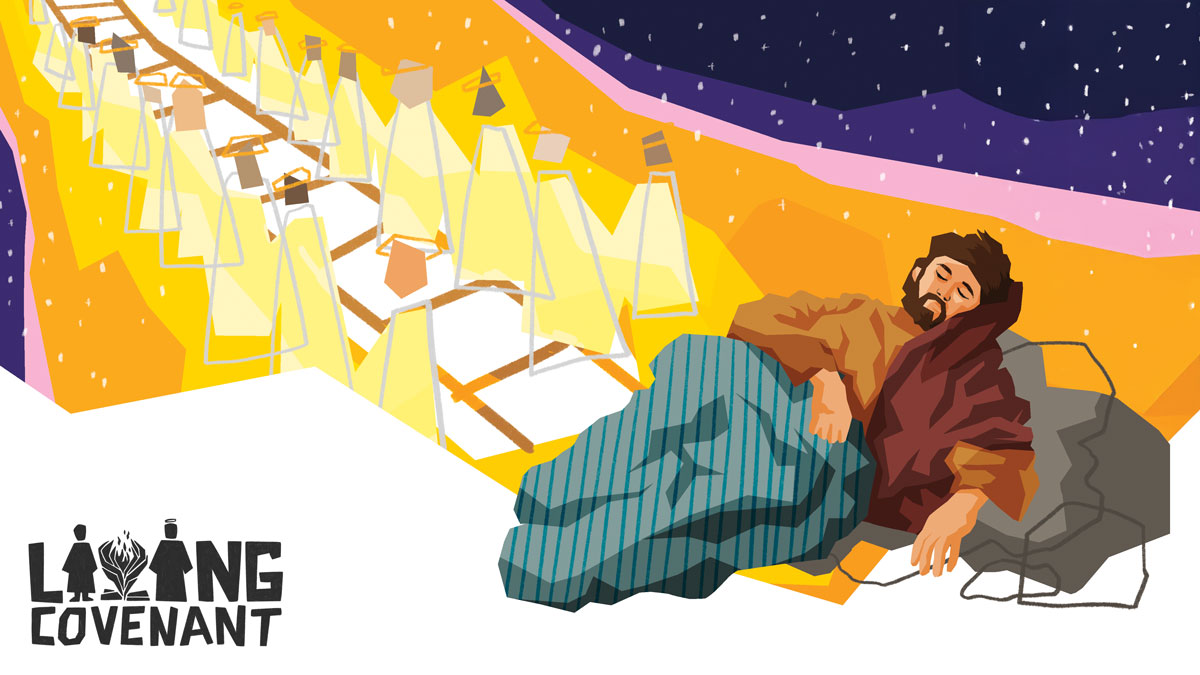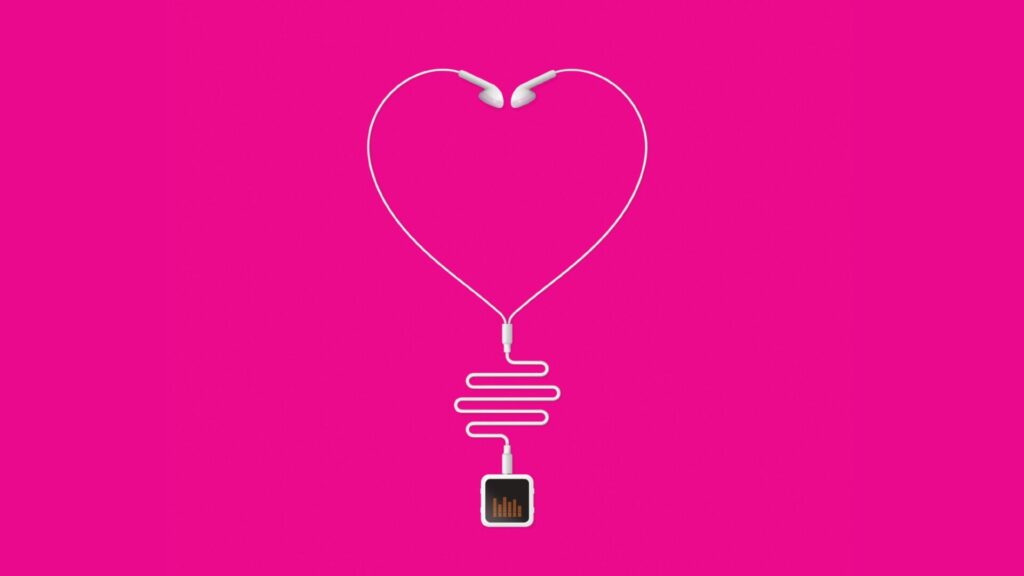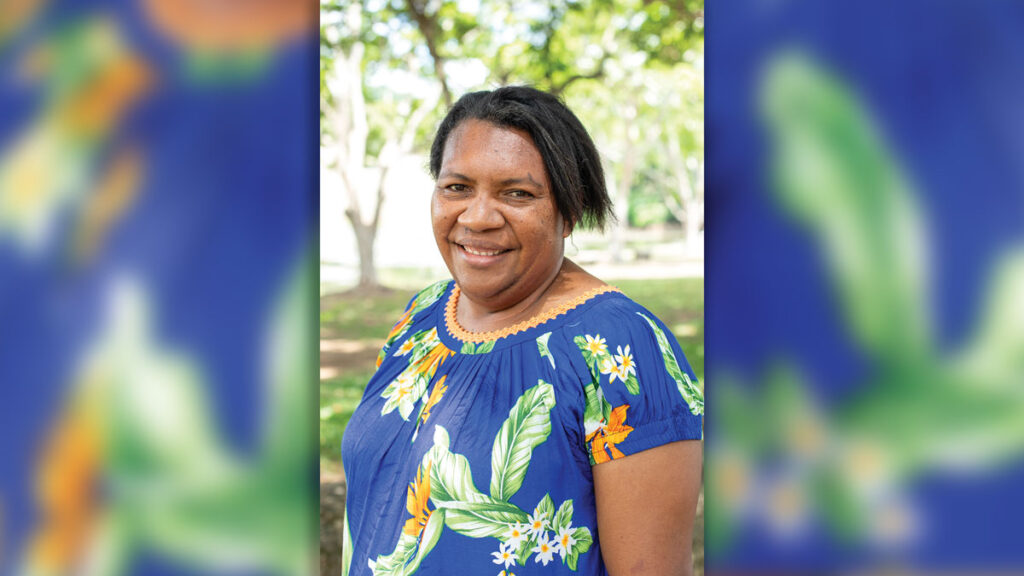It was by faith that Jacob, when he was old and dying, blessed each of Joseph’s sons and bowed in worship as he leaned on his staff” (Hebrews 11:21).
Growing up in the Church, I frequently encountered the phrase “wrestling with God”. In most instances, it was described as an allegorical debate, a sort of “fighting it out” to see what God thinks about a certain situation or idea. Of course, God would always win, but we were to argue anyway, even if we knew the answer, because somehow it would increase our faith.
Late one Friday night, the Sabbath speaker for the public campus ministry church plant I was leading had to cancel. It obviously being too late to find someone else, I began to pray for guidance as to what I should present instead. The phrase, “wrestling with God” kept reverberating through my mind. For years I have been told its interpretation, but I had never studied it for myself. I had read through Genesis multiple times, but hadn’t thought further about this story’s significance. I grabbed my favourite Bible and began to read, from the beginning, Jacob’s life story.
Over the next two or three hours, I read swathes of Scripture, eager to understand what this concept truly means. We begin in Genesis 25. From the moment of his birth, Jacob’s character is easily understood: he is a supplanter. Through deception, he takes every blessing he can for himself, no matter the cost to others. That is literally what his name means, and story after story reveals that he lives up to it.
On the edge of the land of Canaan, alone, helpless and sleeping with his head on a rock, God reveals Himself to Jacob for the first time in a dream. He sees a ladder with angels ascending to and descending from heaven. He hears God’s voice as He gives a promise of a real blessing, one that is designed for him and one that he doesn’t require supplanting to receive. Considering Jacob’s history, God’s final words are astounding: “I am with you, and I will protect you wherever you go. One day I will bring you back to this land. I will not leave you until I have finished giving you everything I have promised you” (Genesis 28:15).
God knew who Jacob was, but He offered him these promises anyway. Jacob gave a conditional promise in response and commemorated the event with a pillar.
Over the next few chapters, Jacob experiences a taste of his own medicine as his father-in-law continually deceives and supplants him. After patiently enduring for well over a decade, God reveals Himself to Jacob again, telling him that it’s time to go home.
On the border of Canaan, near where God had originally met with him, he begins to panic. What if he will be made to pay for his sins? In desperation, he prayed. He recognises his sin and acknowledges that he has done nothing to deserve God’s goodness, yet he pleads that God will keep the promise He had made all of those years earlier.
Up until this point, Jacob has been growing and changing. He was learning to hear God’s voice and to trust Him. But now comes the ultimate test—will God actually do what He has promised?
While all alone in the middle of the night, after sending everyone else across the river into Canaan, a man attacked Jacob. Having been living in fear of his brother, it is likely that he supposed it was someone sent to murder him. Jacob was fighting for his life.
Like Jacob, we have been born as supplanters, living for personal, selfish gain. Throughout the course of our lives, we do a lot of evil. Over time we change, we become better people—albeit slowly—and we learn to hear God’s voice and trust Him. Then we come to the moment when we face the fact that God hasn’t actually saved us yet: we haven’t had a true conversion, and we are, either physically or spiritually, fighting for our lives.
God revealed Himself to Jacob as his greatest fear—a murderer in the night. The only hope Jacob had of living to see the morning was that God would keep His promise. It was this hope—this faith—that kept him fighting all night long. God saw that Jacob would use all of his physical strength to not give up the fight, so He took his physical strength away.
With the touch that put his hip out of socket, Jacob realised with Whom he was dealing. When the Man asked to be let go, Jacob refused. He had confessed his sins and given all he had, now it was time for him to claim God’s promise, knowing that is the only thing that could save him, both now from his brother and eternally. He asked for the blessing God had promised him. In response, God asked for his name, making him own up to who he was, then changed it, signifying God’s power to change his character and make him righteous.

We experience true conversion when we choose to claim God’s promises. When we come to the place where we confess our sins and see that our own strength cannot set us free, we understand our helplessness. In these moments, if we choose to rely on God’s mercy, God will save us. No sin is too great that it cannot be forgiven. God has promised, and He is faithful. This is how we walk by faith.
In Hebrews’ recount of the generational passing of the promise, the author remarks that not only did Jacob pass the promise of salvation onto the subsequent generations, but he worshipped as he did it, leaning on a cane. He had been permanently disabled. Each day of his life, he had a physical reminder of his altercation with God, and each day he remembered that God had been faithful to His promise. His firsthand experience with God gave him the assurance of the full salvation through Christ for himself and his posterity even though he would not see it in his lifetime.
As I closed my study that night, I thought back to the time in my life where I learned how to claim the promises of God. In the middle of the night, all alone in my dorm room, I understood my helplessness. Reading chapter 6 on faith in Steps to Christ, I realised that I hadn’t been given victory over my fears because I had never chosen to forsake all and trust only the promises of God. Through the darkness, I cried for forgiveness, then claimed in full confidence the power of God for my salvation. In that instant, I experienced freedom. My fears never returned, I lived in peace, and God became my own more than I ever thought He could. We have all the assurance we need of our salvation.
Wrestling with God is not about fighting with Him or giving in, but refusing to let go of His promises. We don’t cling to our own strength, but in worship lean on His.
Kelli Daugherty is an editor and writer in Sydney, Australia. Originally from the United States, she has a background in music and a passion for sharing practical truths from God’s word.






